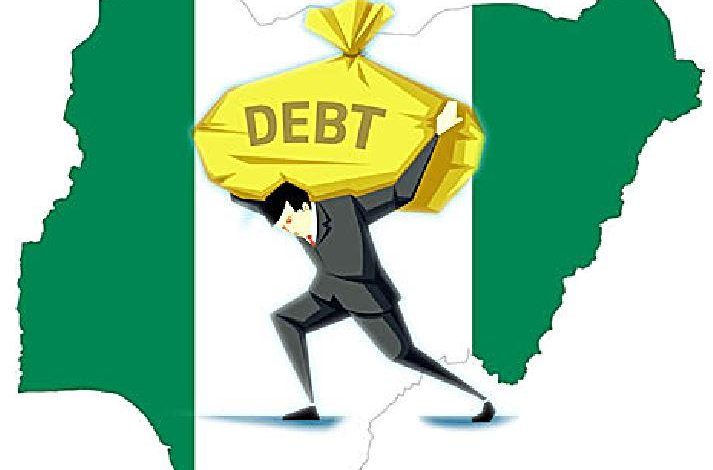
As Nigerians worry about the rising debt profile of the country, a recent report has shown that a large chunk of the country’s revenue in 2020 was expended on servicing debts. This was contained in a report from BudgIT, a platform that uses data and analytics to drive civic engagements.
According to its recent analysis, the Federal Government made N3.42tn and spent N3.34tn on debt servicing in 2020, representing 97.6 per cent of the annual earnings.
Although the government projected a total revenue of N5.37tn in 2020, it realised a total of N3.42tn. A huge percentage came from Nigeria’s most treasured source of revenue, oil and gas, which generated N1.41tn. The Federal Government also made N1.26tn from non-oil revenue sources including agriculture and digital economy.
Meanwhile, the government’s total expenditure was N10.01tn. In the year under review, the Federal Government spent only N1.60tn and N428.03bn was disbursed for statutory transfers in 2020.
No breakdown was presented by the Federal Government, the report added. BudgIT’s analysis also showed that the Federal Government disbursed only N359bn of N536bn on pensions in 2020. However, the cost of servicing debt was N3.34tn of total revenue.
The organisation stated that the Federal Government funded salaries, overhead, and capital expenditure with loans and the Central Bank of Nigeria’s Support.
The borrowings under the President Muhammadu Buhari-led administration has continued to elicit debates in Nigeria. As of December 2020, the country’s public debt was N32.9 trillion, or $86.3 billion. This is according to the country’s debt management office.
This debt comprised of N12.7 trillion ($33.3 billion) in external debt, all of it contracted by the federal government and N20.2 trillion ($53 billion) in domestic debt, including loans by banks. Of this amount, the federal government owed N16 trillion ($42 billion) while the balance was loans by the state governments and the federal capital territory.
Of the external debt, 9.7% or N1.2 trillion ($3.3 billion) was owed to the Export-Import Bank of China, one of the country’s biggest lender.
